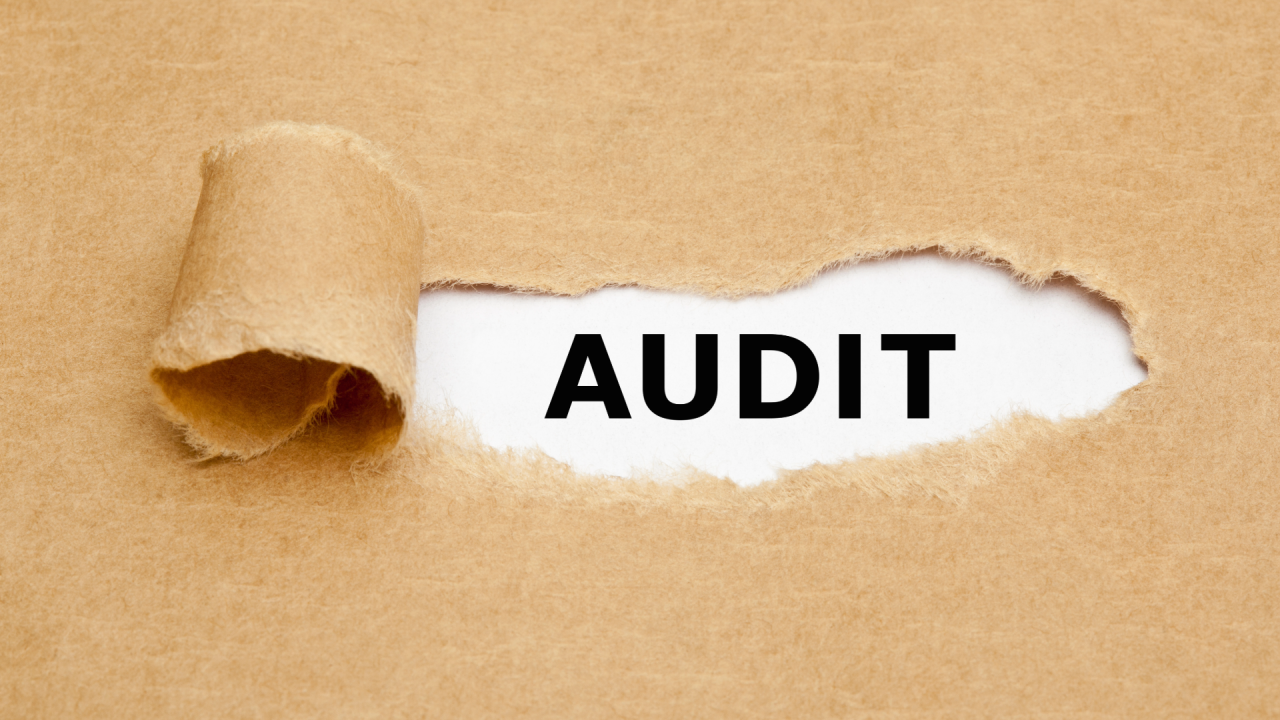Risk reviews are IRD’s way of checking if your tax position holds up. They’re not audits—yet. But they can quickly turn into one if you’re not prepared.
If you’re selected for a Risk Review, you’ll need to provide documentation for specific tax periods—usually covering multiple years.
In this article, I’ll cover:
- The 5 things you should do immediately if you get a letter from IRD
- How IRD carries out risk reviews, and
- Whether you should be worried.
Five Things You Should Do Immediately
1. Don’t ignore it
Respond by the deadline. Or request an extension before it passes.
2. Get organised
Pull together your records, especially your bank statements, financials, and any lease or loan agreements.
3. Get your paperwork in order
IRD will typically request the following across multiple tax years:
- Financial statements
- Bank statements
- Depreciation schedules
- Rental/lease agreements, and
- Working papers supporting your tax returns
4. Review your numbers and be upfront
Make sure your tax returns match your documentation. If something doesn’t line up, now’s the time to catch it.
If you’ve made a mistake, consider making a voluntary disclosure. It can significantly reduce penalties—sometimes by up to 100%.
5. Get professional help.
A good advisor can respond to IRD, clarify issues, and help you avoid an audit altogether. Don’t go it alone if you’re unsure. This isn’t something you want to DIY.
How Risk Reviews Are Carried Out
Every review is slightly different, but the core process is usually the same.
- IRD first notifies you (and your tax agent) that you’ve been selected for a review.
- They assess the information you provide.
- If they have questions, an investigator may request a meeting.
- Once the review is complete, IRD decides whether an audit is needed.
- If an audit is required, you’ll receive a formal notification. If not, you’ll be informed that the review is complete.
Should You Be Worried?
If your records are clean and you’ve filed correctly, you’re probably fine.
But if you’ve taken aggressive tax positions, like over-claiming expenses or under-reporting income, or you simply can’t back up your filed returns, things can get serious quickly.
According to the IRD, a risk review is a preliminary check to see if a formal audit is necessary. It’s their way of asking, “Do things look right on the surface?” If not, IRD has the power to escalate a risk review into a full-blown formal audit.
And if they find something wrong? Penalties can be steep, up to 150% of the tax shortfall. And in some cases, they may be a risk of prosecution.
Key Takeaway
A risk review is IRD’s way of giving you a chance to explain things before they take further action. Treat it seriously, but don’t let it paralyse you.
Need help?
I’ve worked on both sides of the table — years as an auditor with KPMG and BDO, and later as a regulator and practice reviewer with Chartered Accountants Australia and New Zealand.
If you’ve received a letter from IRD and need assistance with a Risk Review of Audit, feel free to reach out.
👉 Book a strategic consultation here:
https://calendly.com/finexnz/strategic-consultation
– Baqir Hussain, FCCA
Director, Finex Chartered Certified Accountants
Check Out More Free Resources
- Sign up for my weekly ‘Tax Made Simple’ newsletter HERE.
- Watch my YouTube Channel for Free Tax Tips HERE.
- Get my book ‘10 Big Property Tax Mistakes That Cost Thousands, And How to Avoid Them‘ HERE. (Video series on YouTube).
Take the Next Step
- Want to work with me? It takes 3-minutes.
- Need urgent specific advice? Book a Strategic Consultation.
- Want to learn the basics of New Zealand small business tax?
Join my waitlist HERE – Small Business Tax Course for Business Owners launching soon. Email subscribers will be the first to know.

